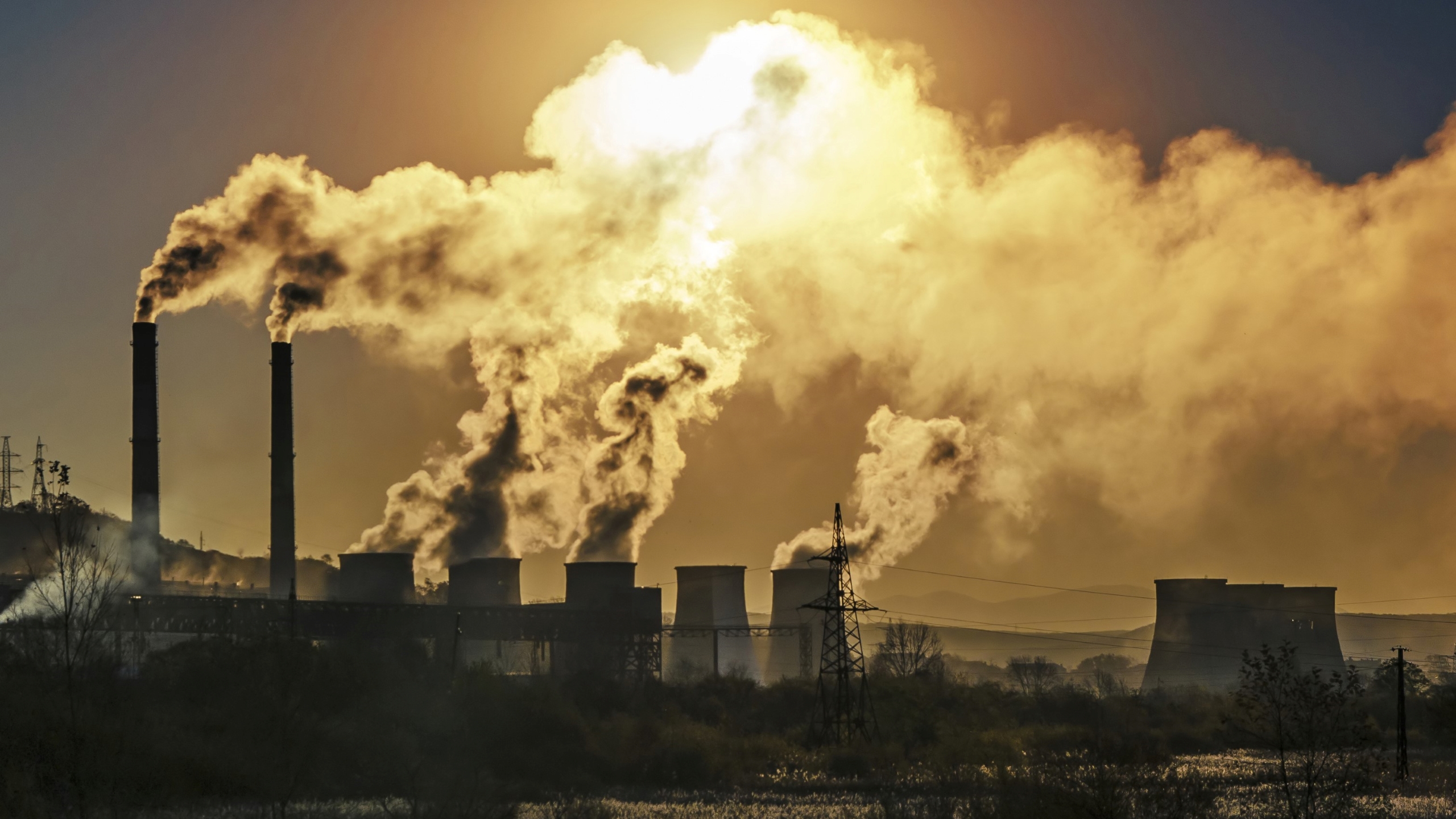How do we know humans are responsible for global warming?
Scientists have studied past climate changes to understand the factors that can cause the planet to warm or cool. The big ones are changes in solar energy, ocean circulation, volcanic activity, and the amount of greenhouse gases in the atmosphere and they have each played a role at times.
In trying to determine the cause of current climate changes, scientists have looked at all of these factors. The first three have varied a bit over the last few centuries and they have quite likely had modest effects on climate, particularly before 1950. However, they cannot account for the planet’s rapidly rising temperature, especially in the second half of the 20th century, when solar output actually declined and volcanic eruptions exerted a cooling effect.
That warming is best explained by rising greenhouse gas concentrations. Greenhouse gases have a powerful effect on climate. Moreover, since the Industrial Revolution, humans have been adding more of them to the atmosphere, primarily by extracting and burning fossil fuels like coal, oil, and gas, which release carbon dioxide.
These rapid increases in greenhouse gases have caused the climate to warm abruptly. In fact, climate models suggest that greenhouse warming can explain virtually all of the temperature change since 1950. This has been confirmed by the International Panel on Climate Change (IPCC) on its first Assessment report.
